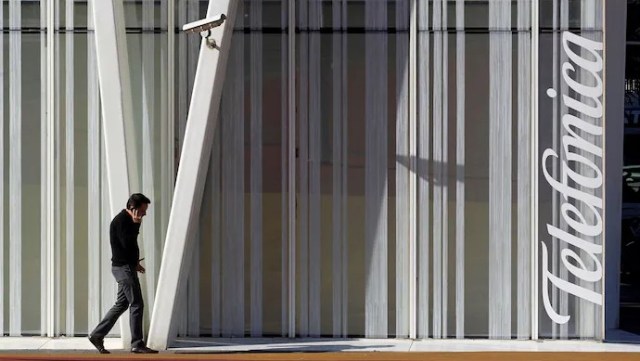
Long-held suspicions of wiretapping by the Venezuelan government were substantiated last week in a report published by Telefónica, the Spanish parent company of Movistar, one of three major mobile telephone providers in Venezuela. According to the report, more than a million Venezuelan users have been surveilled in the past year.
By The Washington Post – María Luisa Paúl
Jun 28, 2022
Among the report’s key facts: 1,584,547 phone lines were bugged in 2021, representing over 20 percent of Telefónica’s customers in Venezuela. Government entities also requested metadata of 997,679 accounts, or 13 percent of users.
The report – which detailed wiretaps and internet censorship across the countries where Telefónica operates – was released out of “our due diligence on human rights,” the company wrote.
The newly released document provides a glimpse into the extent to which Venezuela’s government and intelligence forces have encroached on citizens’ lives and attempted to keep the country’s people in the dark, said Andrés Azpúrua, director of internet watchdog group VE sin Filtro. He and other experts warn the report portrays the “tip of the iceberg” when it comes to Venezuela’s dwindling freedom of expression.
“The scope of the government’s intrusion is far larger than we ever imagined. It’s quite literally large-scale espionage,” Azpúrua said.
Unlike other countries, interception requests in Venezuela bypass judicial orders and are instead made by Conatel on behalf of the nation’s military, police and intelligence agencies, as well as the Experimental Security University, which trains police and security forces. The number of wiretapping solicitations they submitted to Telefónica mushroomed over time, nearly quadrupling from about 235,000 in 2017 to more than 861,000 in 2021.
Between 2016 and 2021, Telefónica denied 56,228 requests, according to the report.
The true extent of the government’s surveillance remains widely unknown — after all, Telefónica is only one of Venezuela’s telecommunications providers, said political analyst Nicmer Evans.
“If we consider other Venezuelan state-owned providers, that number could well hover over 5 million people,” he said. “How can a state justify keeping tabs on that many people? This doesn’t hold any type of comparison with any other totalitarian system in the world. This is a prime example of the government abusing its power to exert control over the population.”
In addition to wiretaps, the document outlines how Telefónica, through requests by the government, has increasingly censored internet content across Venezuela, blocking 30 URLs in 2021.
The report didn’t disclose which web addresses have been blocked. However, the watchdog group VE sin Filtro documented some 68 web domains that were off-limits to Venezuelan users in 2021, Azpúrua said – including 45 belonging to media outlets; eight to portals for political commentary; six to child pornography; four to multimedia sites, including those offering streaming services and SoundCloud; three to human-rights organizations; and two to websites dedicated to installing VPNs.
…
Read More: The Washington Post – Venezuela tapped 1.5 million phone lines. It’s just the start, experts warn
…

